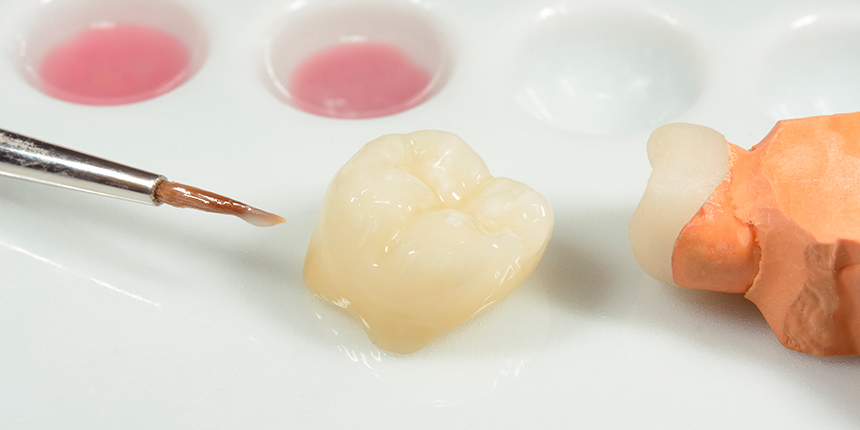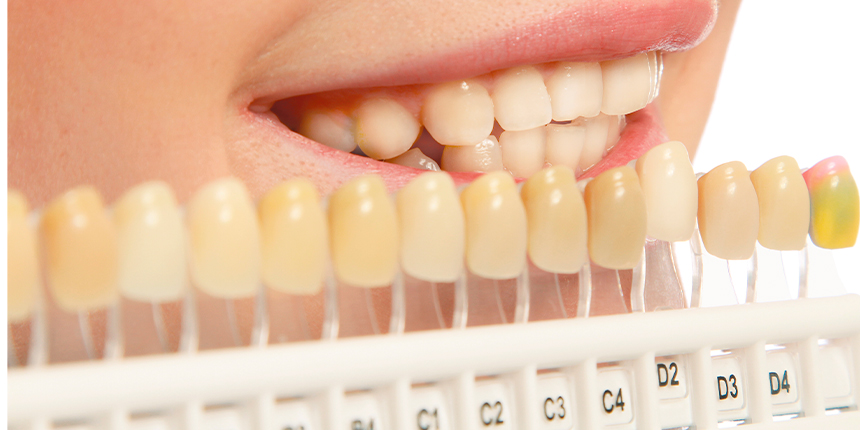

Dental Crowns
Dental crowns, also known as dental caps, are a common dental restoration used to restore a damaged or weakened tooth to its normal size, shape, and function. These crowns are custom-made to fit over the entire visible portion of a tooth that lies above the gumline. They are often recommended by dentists for various reasons, including:
- Tooth Protection: Dental crowns are used to protect a tooth that has been weakened due to decay, large fillings, fractures, or other forms of damage. By covering the tooth completely, the crown provides stability and prevents further damage.
- Restoring Function: Crowns are used to restore the functionality of a tooth that is compromised due to damage or decay. Once a crown is in place, the tooth can bite and chew normally.
- Cosmetic Enhancement: Crowns can be used for cosmetic purposes to improve the appearance of teeth that are discolored, misshapen, or otherwise aesthetically unpleasing. They can be made from various materials, including porcelain, to match the natural color and appearance of the surrounding teeth.
- Support for Dental Bridges: Crowns are used as abutments (anchor points) for dental bridges. They are placed on the teeth adjacent to a gap created by one or more missing teeth to support the bridge and restore the patient's ability to chew and speak properly.
- After Root Canal Treatment: Teeth that have undergone root canal treatment often become weak and brittle. Placing a crown on the treated tooth helps to strengthen it and prevent fracture.
The process of getting a dental crown typically involves multiple visits to the dentist:
- Initial Consultation: During your first visit, the dentist will examine your tooth and take X-rays to assess the extent of damage or decay. If a crown is deemed necessary, they will discuss your options for crown materials and discuss the procedure with you.
- Tooth Preparation: In the second visit, the dentist will numb the tooth and surrounding area to ensure you're comfortable during the procedure. Then, they will remove any damaged or decayed portions of the tooth and shape it to accommodate the crown. An impression of the tooth is taken to create a custom-fitted crown.
- Temporary Crown: While the permanent crown is being manufactured, the dentist may place a temporary crown to protect the prepared tooth.
- Crown Placement: In the final visit, the permanent crown is placed over the prepared tooth. The dentist will check the fit, bite, and appearance to ensure they are satisfactory. Once adjustments are made if necessary, the crown is cemented into place.
Dental crowns can be made from various materials, including porcelain, ceramic, metal (such as gold or stainless steel), and a combination of materials. The choice of material depends on factors like the location of the tooth, the patient's preferences, and the dentist's recommendation.
It's important to maintain good oral hygiene practices even after receiving a dental crown to ensure its longevity. Regular brushing, flossing, and dental check-ups are essential for the health of crowned teeth. With proper care, dental crowns can last many years, providing both functional and aesthetic benefits.
